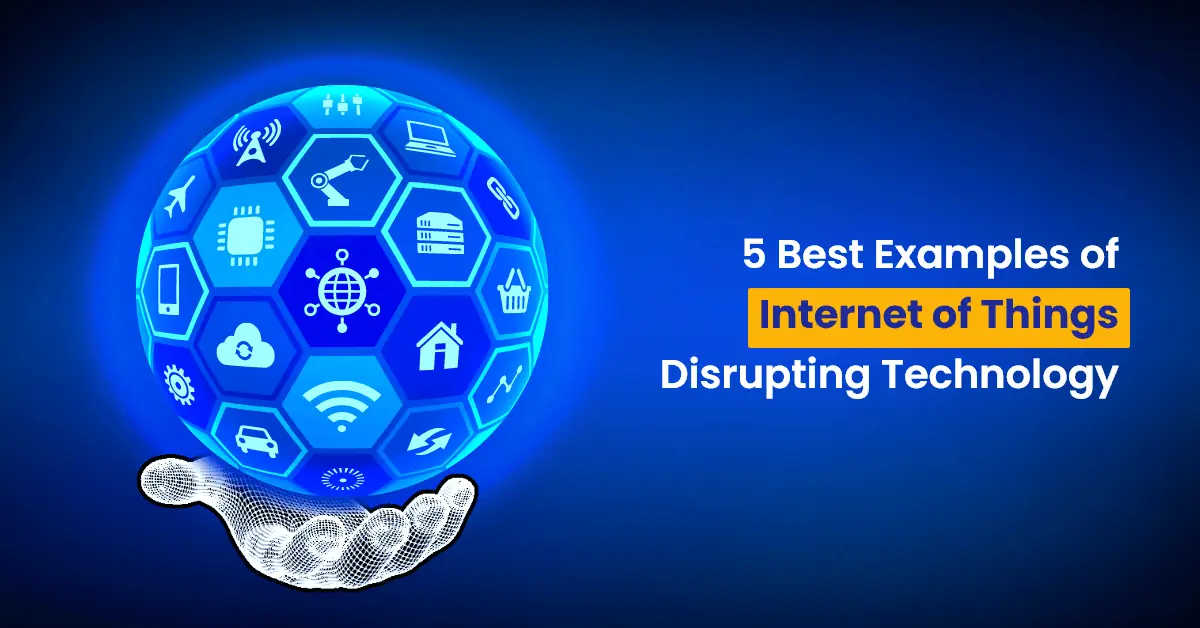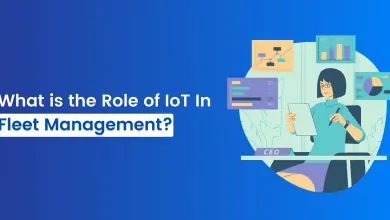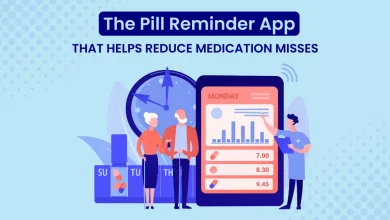5 Best Examples of IoT Disrupting Technology

Introduction of the Internet of Things
According to Gartner, by 2025 there will be more than 20 billion terminals connected to IoT, including 8 billion terminals used in the business field.
Even fields such as agriculture, which are apparently far from this trend, are concerned. In the dairy industry, an example of IoT collects essential information to improve activity thanks to sensors implanted in the cows’ necks. Thus, it is possible to follow and locate each animal in real time. This simplifies the transport of animals to the milking parlor, and examines or cares for them more efficiently.
From supply chain management to smart home automation, the Internet of Things (IoT) offers many applications for different industries. Each time the approach is innovative for optimized added value.
Internet of Things – Then and Now
Before the existence of the IoT, you could locate fixed position elements such as a taxi stand. With IoT, we can now locate the nearest car belonging to a certain taxi company. This simple difference is one of the key factors that have contributed to Uber’s success.
Your mobile contains IoT sensors, your phone, therefore, knows when you are moving. It knows your position, the music you are listening to, what application you activate, the videos you are watching, it knows the sound of your voice, if you use a voice-activated app like Siri. The Uber driver has the same sensors, that’s why the Uber mobile application manages to offer you instant location-based services of drivers across the country with suitable prices.
Despite the large number of studies carried out on this subject, encouraging the integration of IoT into industrial processes, the processes for developing IoT solutions reveal new levels of complexity and confusion.

Here are the 5 Examples of IoT Disrupting Technology
1. IoT in Business for More Security and Employee Tracking
Many retail companies are turning to IoT for added security and theft protection. The IoT can help the company in the areas of marketing, communication, transactions, and much more. For example, apps can improve the individual customer experience by sending personalized offers to smartphones and enabling payments by mobile phone, which is safer than the traditional wallet. This is one such example of IoT.
Beacon technology is used more and more in companies for the benefit of employees and bosses. For example, Replicon, a company specializing in real-time monitoring of mobile application data, uses Beacon technology to point out the hours of work of its employees.
An ingenious use of the Beacon allows employees to manage in-time and out-time more efficiently and precisely than all current pointing tools. Thanks to the Beacon everything is automatic, no need to fill in a register or a biometric scan. It is time saved for more productivity.
2. Healthcare Companies Have a Vested Interest in being Connected
IoT applications in healthcare are revolutionizing the industry. It is possible to reduce costs, and the dependence of medical personnel on patients and increase the quality of care. According to the Economy Intelligence Unit, $36 billion will be saved in 2018 thanks to the advancement of IoT which will both free up hospital spaces and give patients the means to treat themselves at home. This is also one such example of IoT.
Thanks to the advancement of the Internet of Things medical companies and hospitals can collect information to improve the efficiency and accuracy of reports and graphs about patient health. For example, Qualcomm recently managed to take over Capsule Technologies, the French leader in telemedicine. Qualcomm and Capsule aim to accelerate the connectivity and interoperability of medical data at the hospital, at the patient’s home and at any time.
In business, connected health trackers are also an excellent solution for preserving the health of employees.
In Australia, truck drivers at the Rio Tinto coal mines in Hunter Valley used a device called a “Smart cap” equipped with sensors to detect drowsiness while driving. It is designed to detect the driver’s sleep state and alert him even in the event of microsleep.
3. A Connected Factory is More Efficient
When a traditional manufacturing and production machine breaks down or malfunctions, production has to be stopped, which is expensive and forces us to look for what is wrong. This can take time and cost the manufacturer a lot of money. Connecting your production machine can save a lot of time and money.
Firstly, a connected machine sends data in real-time, making it is possible to know how quickly it is producing and whether it is producing. Then because a connected machine lets you know in real-time what is not working on it, it can act as a call for service and maintenance or an alarm for a likely breakdown.
A fully connected factory is simply more efficient. For example, a connected factory can provide real-time monitoring of the performance of all its equipment. It can assess the availability of materials and resources available during the day to produce and assess the energy consumption and efficiency of the chains.
A connected factory is also a safer factory for employees. In fact, the connected machines can automatically shut down if the environmental or weather conditions do not allow employees and machines to operate safely.
4. Real-Time Visibility to Limit Stock-Outs
Each year, businesses register a shortfall of 4% caused by the shortage of certain, particularly requested products. This phenomenon mainly affects clothing stores where items are often forgotten in the locker room or stored in the wrong place. Products fitted with RFID (radio frequency identification) tags could be located by employees anywhere and at any time. It would also be possible to know the status of stocks in real-time and improve the availability of products on the sales floor.
In addition, labeling the parts, helps prevent theft since the labeled products can trigger the alarm when they pass the exit without having been deactivated. This prevention method is particularly useful in the luxury sector. By taking advantage of this technology, traders are significantly reducing the loss of goods and income from such negligence.
Read More: What is the Role of IoT In Fleet Management?
5. Using IoT to Improve Logistics Management
According to research, 37% of organizations have already deployed IoT projects, making a major step towards the digitalization of their activities. Such an evolution is fundamental if they wish to avoid falling behind the competition.
Many companies in the logistics industry have understood this trend. They are aware that the capacity of the trucks is not fully exploited, which reduces the return on investment. Thanks to the installation of 3D cameras and the use of analysis software, these companies can collect and analyze the data generated during loading – density, method, speed of execution, or filling rate.
If the system identifies a malfunction in the loading process, it is able to inform the manager. From the information collected, the manager can intervene directly or complete the training of operators.
These examples of IoT illustrate only a handful of the opportunities offered by IoT to companies. The data collected and analyzed allows them to understand more clearly how to improve their strategic planning and to make the most of their business opportunities.

Conclusion
To conclude, IoT solutions are real vectors of growth for companies. They give them the opportunity to envision a future that is promising, intelligent and connected, of course. Do you wish to make IoT a part of your business process? OneClick IT Consultancy is one of the popular IoT app development company in India with expertise in connected objects.





